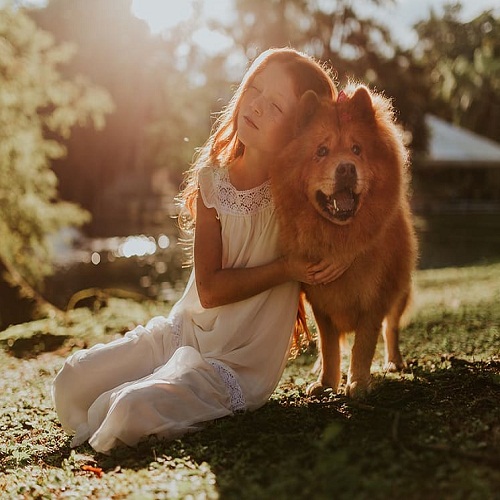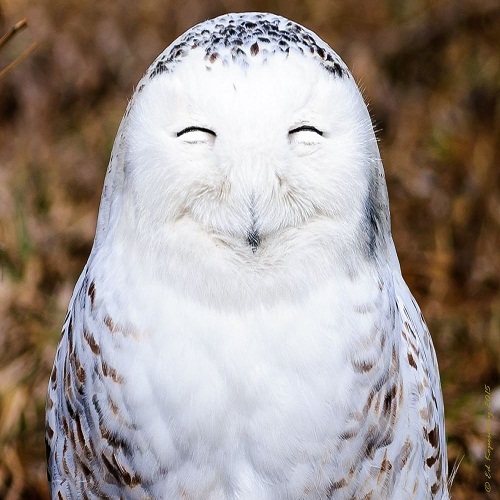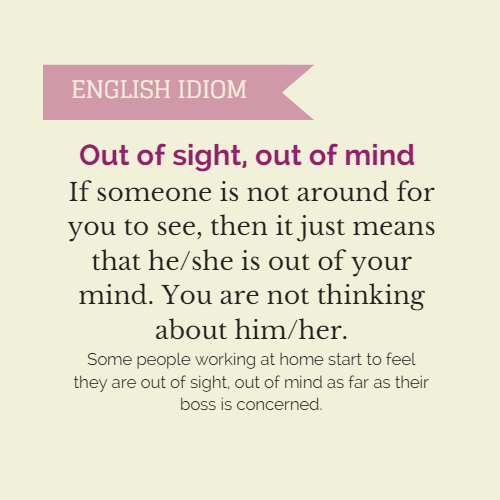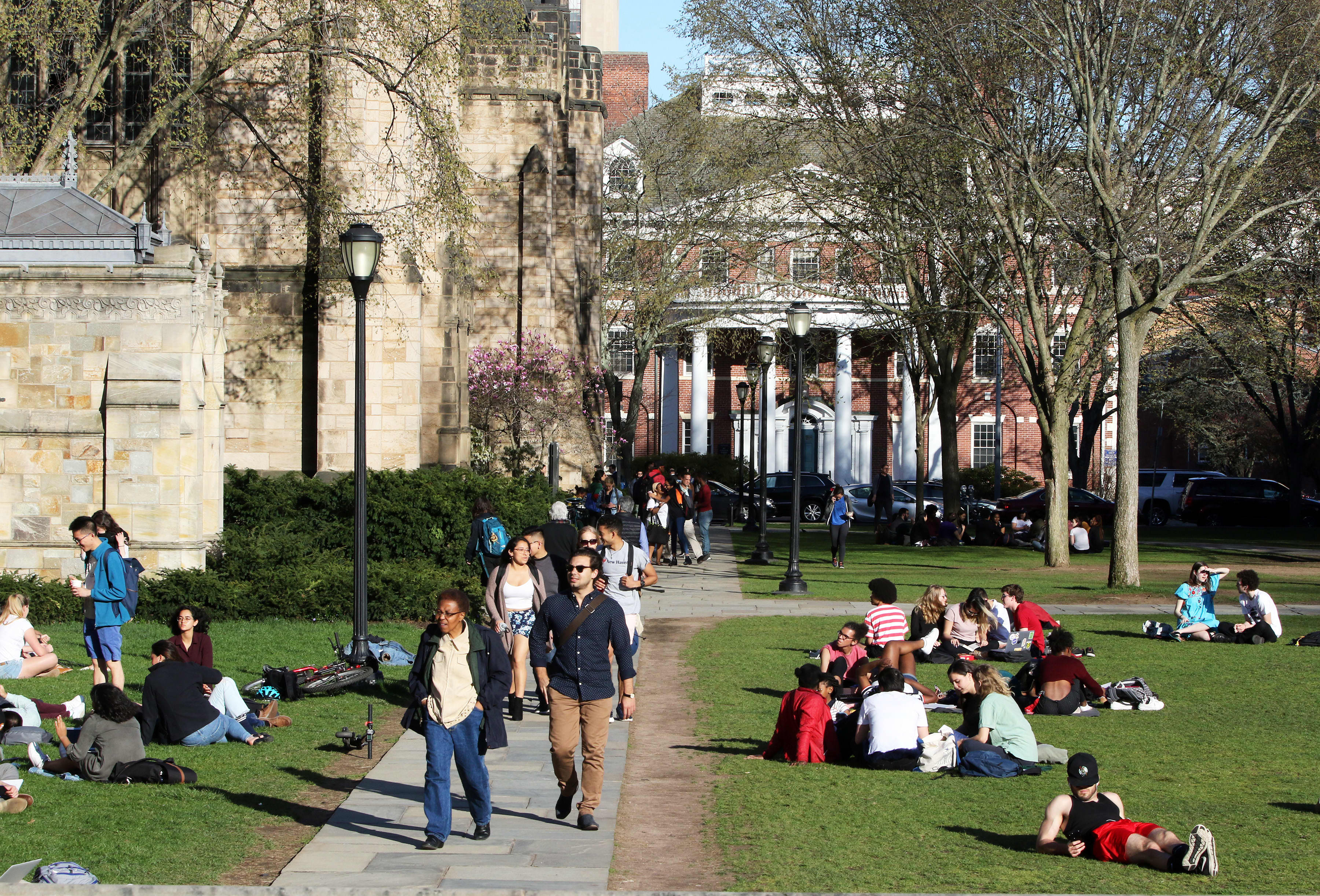
Приклад використання

Приклад використання

Приклад використання

Приклад використання

Приклад використання

Приклад використання

Приклад використання

Приклад використання

Приклад використання

Приклад використання

Приклад використання

Приклад використання

Приклад використання

Приклад використання

Приклад використання

Приклад використання

Приклад використання

Приклад використання

Приклад використання

Приклад використання
| приховати показати | приховати показати | приховати показати | ||
 |
sensitive | чутливий | His mother is very sensitive, she always cries when some touching moment happens in the film. | |
 |
sociable | товариський | He is so sociable; he seems to start a conversation with everyone. | |
 |
polite | ввічливий | They always say "Thank you" and "Please," what polite children! | |
 |
rude | грубий | The fact that he is rude does not make him any more attractive; everyone shuns him. | |
 |
cruel | жорстокий | He always says that the world is very cruel. | |
 |
good-tempered | добродушний | The fact that she is good-tempered others often took for weakness. | |
 |
gentle | ніжний | The birth of his daughter made him gentle. | |
 |
romantic | романтичний | Her romantic nature made her look like the classical novels' characters. | |
 |
thankful | вдячний | We should be thankful for this experience because it showed us who is who. | |
 |
знервований | nervous | She's got a lot of work to do lately, which is why she's so nervous. | |
 |
sensible | розсудливий | Recently he was poisoned so now he is very sensible about food. | |
 |
stable | стабільний | All he wanted was a stable life, while her adventurous nature haunted her. | |
 |
lovable | милий | As a child, he was a very lovable boy. | |
 |
wise | мудрий | They say that a wise woman endures, but in fact, a wise woman chooses to be happy. | |
 |
powerful | могутній | This king was very powerful during his reign. | |
 |
lively | жвавий | She was still lively though no longer young. | |
 |
emotional | емоційний | His father was very emotional and did not hesitate to show his feelings. | |
 |
incredible | неймовірний | The second book from this cycle is just incredible, you should read it. | |
 |
miserable | нещасний | He was so miserable that it seemed that the sadness spread to everyone. | |
 |
disappointed | розчарований | To say I'm disappointed is an understatement. |
Present Simple – це теперішній простий час. За допомогою нього ми виражаємо:
регулярні або повторювані дії
звички
стани або факти
розклад
коментарі до книг/фільмів/ситуацій або спортивні коментарі
Стверджувальні речення у Present Simple будуються наступним чином: на першому місці буде стояти підмет (людина, предмет, особовий займенник), потім присудок (дієслово у його першій формі – інфінітив без частки to), до якого в залежності від особи та числа підмета будуть додаватися закінчення -s/-es.
Слова-маркери:
always – завжди
often – часто
usually – зазвичай
sometimes – іноді
never – ніколи
every day/week/month/year – кожного дня/тижня/місяця/року
on Mondays/Thursdays/weekends – по понеділках/четвергах/вихідних
Приклади стверджувальних речень в Present Simple:
I always wake up early in the morning. – Я завжди прокидаюся рано вранці.
He speaks Italian fluently. – Він розмовляє італійською вільно.
They attend dancing classes every day. – Вони відвідують заняття з танців кожного дня.
Sarah goes for a walk with her friends on weekends. – Сара гуляє з друзями на вихідних.
The bus leaves at 5 o’clock. – Автобус від’їжджає о п’ятій.
Заперечні речення в Present Simple утворюємо наступним чином: на першому місці буде стояти підмет, потім додаємо допоміжне дієслово do/does з додаванням до нього заперечної частки not і дієслово в його першій формі БЕЗ додавання закінчень -s/-es.
Зверніть увагу, що допоміжне дієслово do забирає на себе закінчення -s від присудка і перетворюється на does.
Приклади заперечних речень в Present Simple:
I don’t wake up early in the morning on weekends. – Я не прокидаюся рано вранці по вихідних.
He doesn’t speak Italian fluently. – Він не розмовляє італійською вільно.
They don’t attend dancing classes every day. – Вони не відвідують заняття з танців кожного дня.
Sarah doesn’t go for a walk with her friends on weekdays. – Сара не гуляє з друзями по будням.
The bus doesn’t leave at 5 o’clock. – Автобус не від’їжджає о п’ятій.
Зверніть увагу, що в англійській мові ми НЕ можемо використовувати два заперечення підряд в одному реченні. Або заперечуємо за допомогою частки not, або використовуємо слово never у стверджувальному реченні. Повернемося до одного з прикладів.
Неправильно: I don’t never wake up early in the morning.
Правильно: I don’t wake up early in the morning. / I never wake up early in the morning.
Present Simple – це теперішній простий час. За допомогою нього ми виражаємо:
регулярні або повторювані дії
звички
стани або факти
розклад
коментарі до книг/фільмів/ситуацій або спортивні коментарі
Стверджувальні речення у Present Simple будуються наступним чином: на першому місці буде стояти підмет (людина, предмет, особовий займенник), потім присудок (дієслово у його першій формі – інфінітив без частки to), до якого в залежності від особи та числа підмета будуть додаватися закінчення -s/-es.
Слова-маркери:
always – завжди
often – часто
usually – зазвичай
sometimes – іноді
never – ніколи
every day/week/month/year – кожного дня/тижня/місяця/року
on Mondays/Thursdays/weekends – по понеділках/четвергах/вихідних
Приклади стверджувальних речень в Present Simple:
I always wake up early in the morning. – Я завжди прокидаюся рано вранці.
He speaks Italian fluently. – Він розмовляє італійською вільно.
They attend dancing classes every day. – Вони відвідують заняття з танців кожного дня.
Sarah goes for a walk with her friends on weekends. – Сара гуляє з друзями на вихідних.
The bus leaves at 5 o’clock. – Автобус від’їжджає о п’ятій.
Заперечні речення в Present Simple утворюємо наступним чином: на першому місці буде стояти підмет, потім додаємо допоміжне дієслово do/does з додаванням до нього заперечної частки not і дієслово в його першій формі БЕЗ додавання закінчень -s/-es.
Зверніть увагу, що допоміжне дієслово do забирає на себе закінчення -s від присудка і перетворюється на does.
Приклади заперечних речень в Present Simple:
I don’t wake up early in the morning on weekends. – Я не прокидаюся рано вранці по вихідних.
He doesn’t speak Italian fluently. – Він не розмовляє італійською вільно.
They don’t attend dancing classes every day. – Вони не відвідують заняття з танців кожного дня.
Sarah doesn’t go for a walk with her friends on weekdays. – Сара не гуляє з друзями по будням.
The bus doesn’t leave at 5 o’clock. – Автобус не від’їжджає о п’ятій.
Зверніть увагу, що в англійській мові ми НЕ можемо використовувати два заперечення підряд в одному реченні. Або заперечуємо за допомогою частки not, або використовуємо слово never у стверджувальному реченні. Повернемося до одного з прикладів.
Неправильно: I don’t never wake up early in the morning.
Правильно: I don’t wake up early in the morning. / I never wake up early in the morning.


She usually finishes breakfast at around 8 am. If it is a weekday, she always leaves the house at 8:20 and goes to training. Her training starts at 9 am, and she needs 30 minutes to drive to the gym. She trains for 3 hours with her team and then goes home for lunch. She always eats a very big and healthy lunch. As soon as she finishes lunch, she has a nap for one hour.
After her nap, she likes to go for a walk around the lake and look at nature. She sometimes reads or meditates at the lake in the afternoon. In the evening, during the week, she meets up with friends. Most of her friends are athletes too, so they have a lot to talk about.
She typically goes to bed at 9 pm because she prefers to be awake in the morning than at night.
to check - перевіряти
a lake - озеро
cereal - пластівці
to have a nap - подрімати
nature - природа
She usually finishes breakfast at around 8 am. If it is a weekday, she always leaves the house at 8:20 and goes to training. Her training starts at 9 am, and she needs 30 minutes to drive to the gym. She trains for 3 hours with her team and then goes home for lunch. She always eats a very big and healthy lunch. As soon as she finishes lunch, she has a nap for one hour.
After her nap, she likes to go for a walk around the lake and look at nature. She sometimes reads or meditates at the lake in the afternoon. In the evening, during the week, she meets up with friends. Most of her friends are athletes too, so they have a lot to talk about.
She typically goes to bed at 9 pm because she prefers to be awake in the morning than at night.
to check - перевіряти
a lake - озеро
cereal - пластівці
to have a nap - подрімати
nature - природа
She usually finishes breakfast at around 8 am. If it is a weekday, she always leaves the house at 8:20 and goes to training. Her training starts at 9 am, and she needs 30 minutes to drive to the gym. She trains for 3 hours with her team and then goes home for lunch. She always eats a very big and healthy lunch. As soon as she finishes lunch, she has a nap for one hour.
After her nap, she likes to go for a walk around the lake and look at nature. She sometimes reads or meditates at the lake in the afternoon. In the evening, during the week, she meets up with friends. Most of her friends are athletes too, so they have a lot to talk about.
She typically goes to bed at 9 pm because she prefers to be awake in the morning than at night.
to check - перевіряти
a lake - озеро
cereal - пластівці
to have a nap - подрімати
nature - природа
She usually finishes breakfast at around 8 am. If it is a weekday, she always leaves the house at 8:20 and goes to training. Her training starts at 9 am, and she needs 30 minutes to drive to the gym. She trains for 3 hours with her team and then goes home for lunch. She always eats a very big and healthy lunch. As soon as she finishes lunch, she has a nap for one hour.
After her nap, she likes to go for a walk around the lake and look at nature. She sometimes reads or meditates at the lake in the afternoon. In the evening, during the week, she meets up with friends. Most of her friends are athletes too, so they have a lot to talk about.
She typically goes to bed at 9 pm because she prefers to be awake in the morning than at night.
to check - перевіряти
a lake - озеро
cereal - пластівці
to have a nap - подрімати
nature - природа
She usually finishes breakfast at around 8 am. If it is a weekday, she always leaves the house at 8:20 and goes to training. Her training starts at 9 am, and she needs 30 minutes to drive to the gym. She trains for 3 hours with her team and then goes home for lunch. She always eats a very big and healthy lunch. As soon as she finishes lunch, she has a nap for one hour.
After her nap, she likes to go for a walk around the lake and look at nature. She sometimes reads or meditates at the lake in the afternoon. In the evening, during the week, she meets up with friends. Most of her friends are athletes too, so they have a lot to talk about.
She typically goes to bed at 9 pm because she prefers to be awake in the morning than at night.
to check - перевіряти
a lake - озеро
cereal - пластівці
to have a nap - подрімати
nature - природа
She usually finishes breakfast at around 8 am. If it is a weekday, she always leaves the house at 8:20 and goes to training. Her training starts at 9 am, and she needs 30 minutes to drive to the gym. She trains for 3 hours with her team and then goes home for lunch. She always eats a very big and healthy lunch. As soon as she finishes lunch, she has a nap for one hour.
After her nap, she likes to go for a walk around the lake and look at nature. She sometimes reads or meditates at the lake in the afternoon. In the evening, during the week, she meets up with friends. Most of her friends are athletes too, so they have a lot to talk about.
She typically goes to bed at 9 pm because she prefers to be awake in the morning than at night.
to check - перевіряти
a lake - озеро
cereal - пластівці
to have a nap - подрімати
nature - природа
She usually finishes breakfast at around 8 am. If it is a weekday, she always leaves the house at 8:20 and goes to training. Her training starts at 9 am, and she needs 30 minutes to drive to the gym. She trains for 3 hours with her team and then goes home for lunch. She always eats a very big and healthy lunch. As soon as she finishes lunch, she has a nap for one hour.
After her nap, she likes to go for a walk around the lake and look at nature. She sometimes reads or meditates at the lake in the afternoon. In the evening, during the week, she meets up with friends. Most of her friends are athletes too, so they have a lot to talk about.
She typically goes to bed at 9 pm because she prefers to be awake in the morning than at night.
to check - перевіряти
a lake - озеро
cereal - пластівці
to have a nap - подрімати
nature - природа
She usually finishes breakfast at around 8 am. If it is a weekday, she always leaves the house at 8:20 and goes to training. Her training starts at 9 am, and she needs 30 minutes to drive to the gym. She trains for 3 hours with her team and then goes home for lunch. She always eats a very big and healthy lunch. As soon as she finishes lunch, she has a nap for one hour.
After her nap, she likes to go for a walk around the lake and look at nature. She sometimes reads or meditates at the lake in the afternoon. In the evening, during the week, she meets up with friends. Most of her friends are athletes too, so they have a lot to talk about.
She typically goes to bed at 9 pm because she prefers to be awake in the morning than at night.
to check - перевіряти
a lake - озеро
cereal - пластівці
to have a nap - подрімати
nature - природа
She usually finishes breakfast at around 8 am. If it is a weekday, she always leaves the house at 8:20 and goes to training. Her training starts at 9 am, and she needs 30 minutes to drive to the gym. She trains for 3 hours with her team and then goes home for lunch. She always eats a very big and healthy lunch. As soon as she finishes lunch, she has a nap for one hour.
After her nap, she likes to go for a walk around the lake and look at nature. She sometimes reads or meditates at the lake in the afternoon. In the evening, during the week, she meets up with friends. Most of her friends are athletes too, so they have a lot to talk about.
She typically goes to bed at 9 pm because she prefers to be awake in the morning than at night.
to check - перевіряти
a lake - озеро
cereal - пластівці
to have a nap - подрімати
nature - природа
English at work.
What do these people have in common? A banker in Mexico city, and a worker in the Hitachi electronics factory in Tokyo? They all speak English at work.
Do you speak English at work? Write and tell us.
Marcos. I work in a restaurant in Madrid. I'm a waiter. I speak English at work every day, because a lot of tourists come here. I help customers with a menu and I say what the special dishes are. A lot of tourists don't speak Spanish, but they usually speak English. They are very happy because they can talk to me.
Charlotte. I'm a receptionist and I work in an office in Paris. It's a multinational company. When people from other countries visit the company, I need to welcome them in English. I also need to answer the phone in English. When we have meetings, we all speak in English because it's the language of the company.
Запишись на перший відкритий урок
та дізнайся свій поточний рівень!



